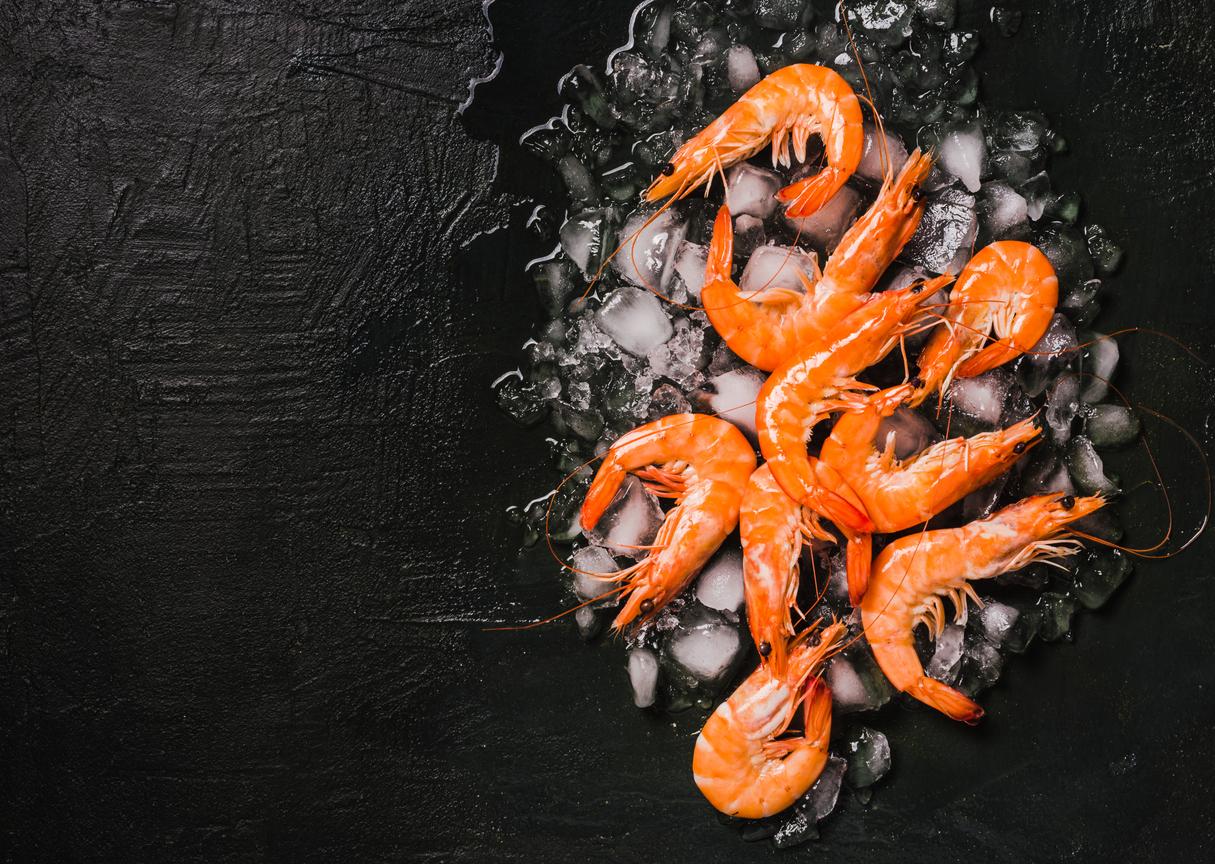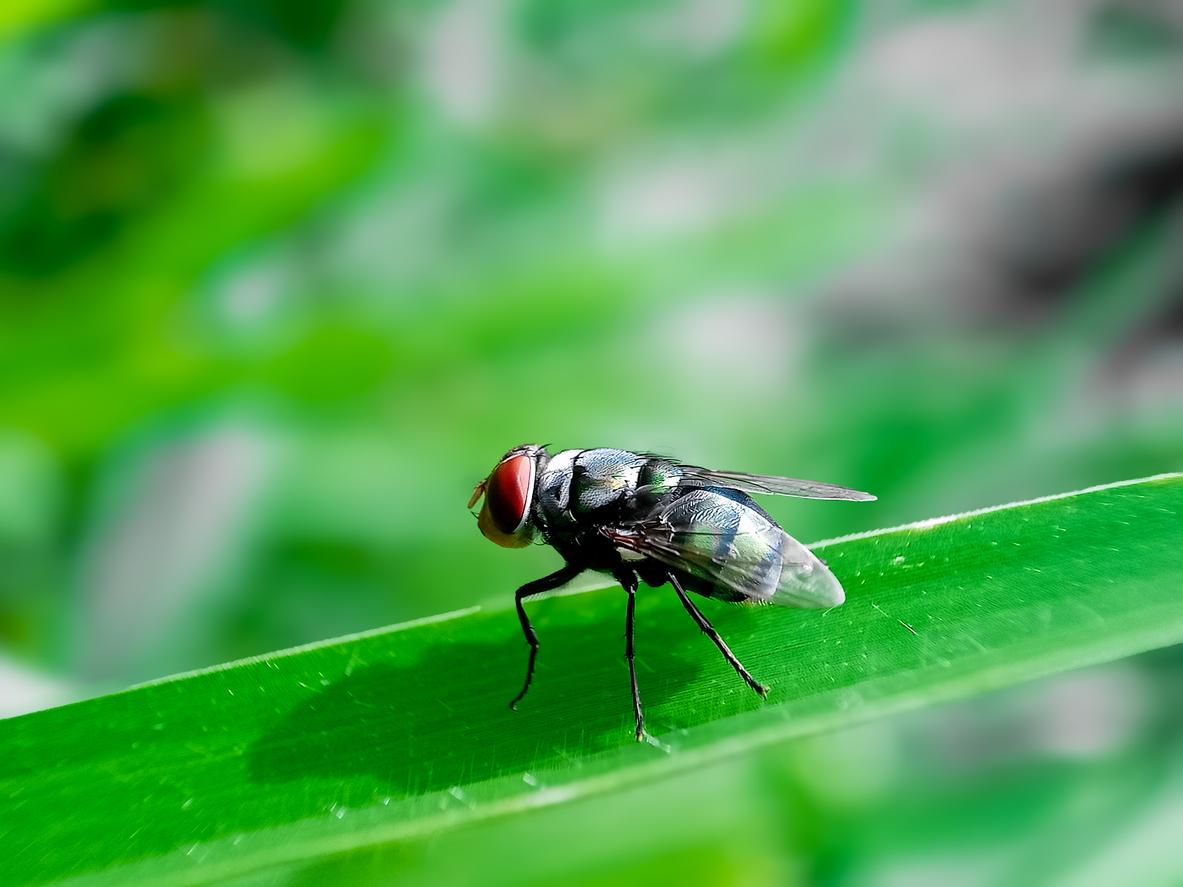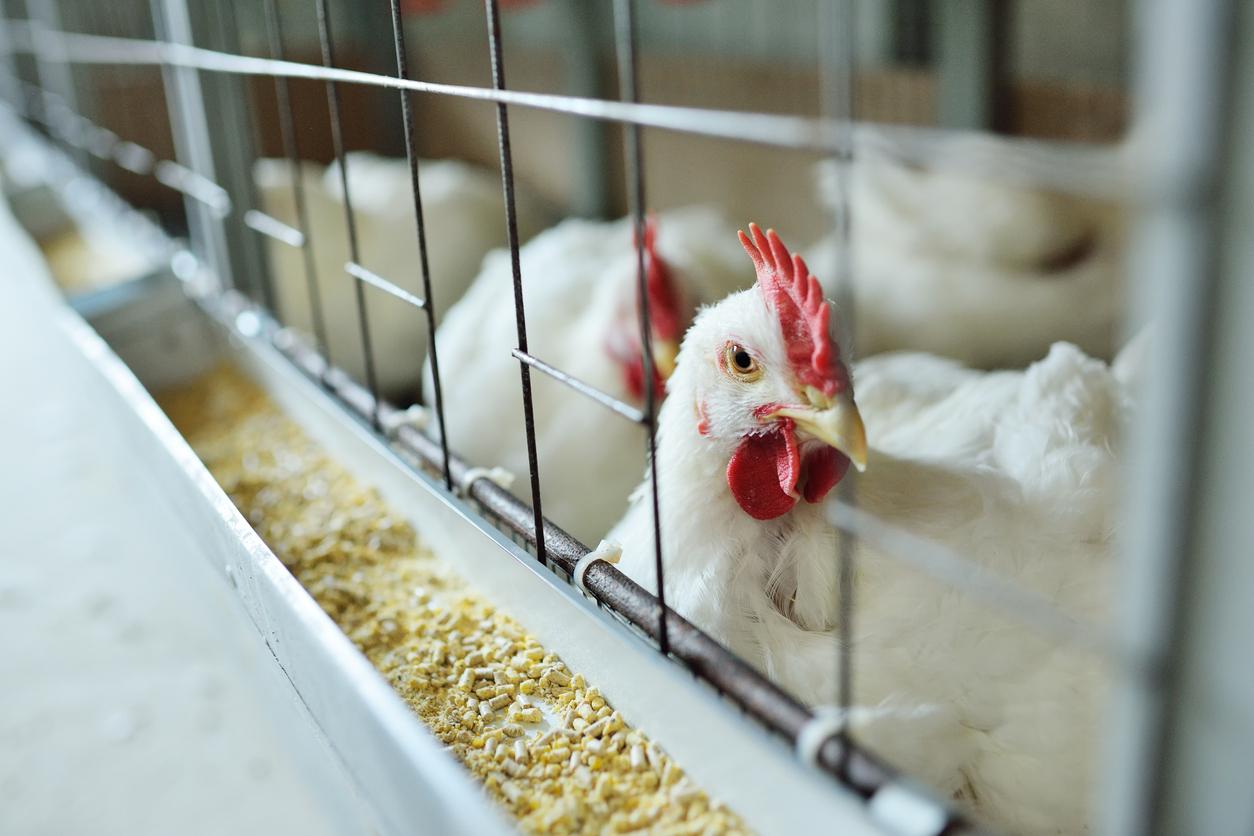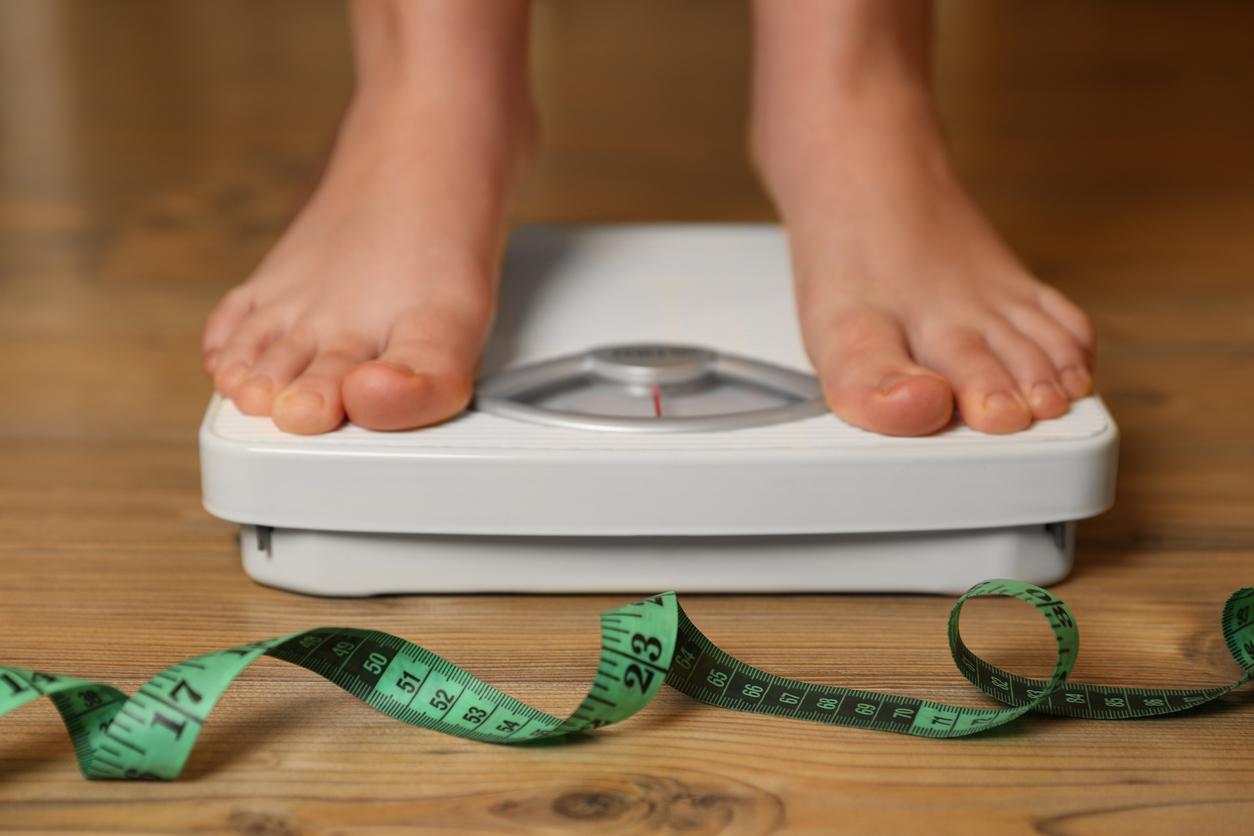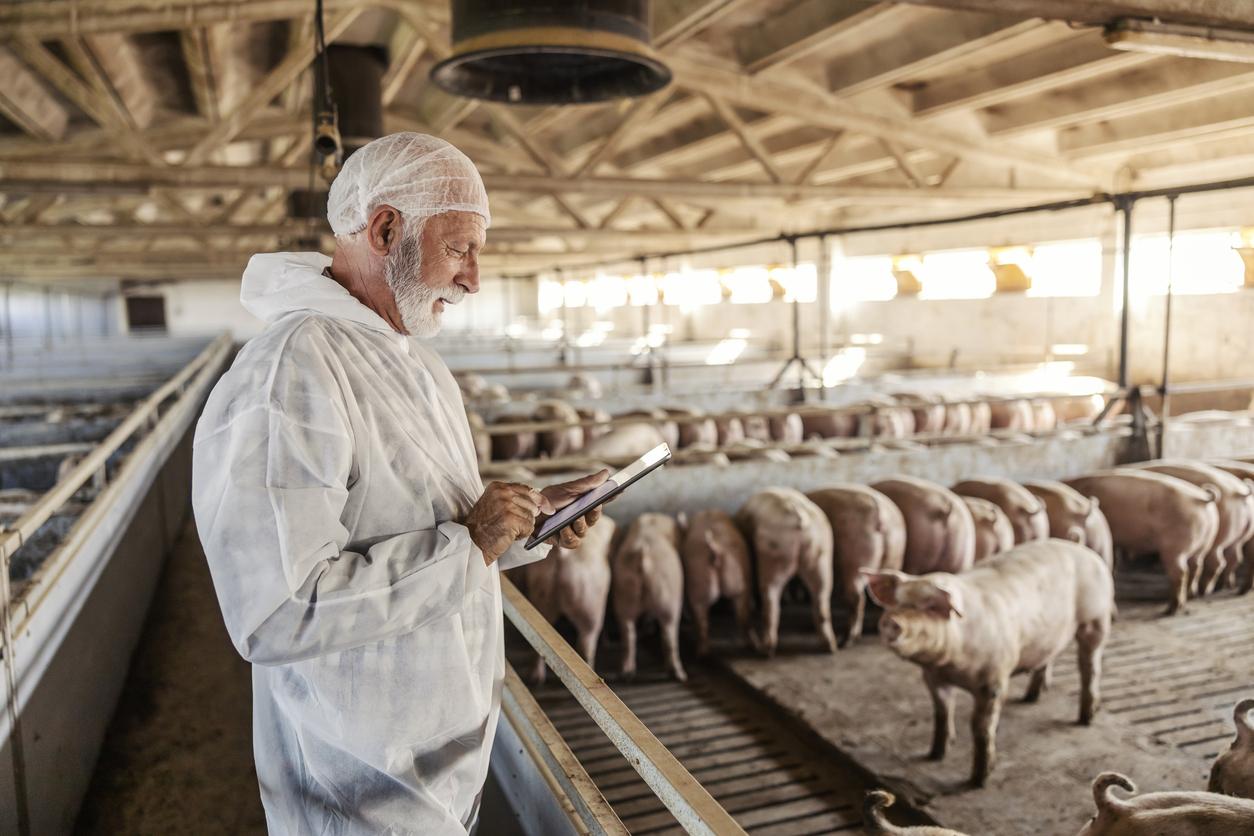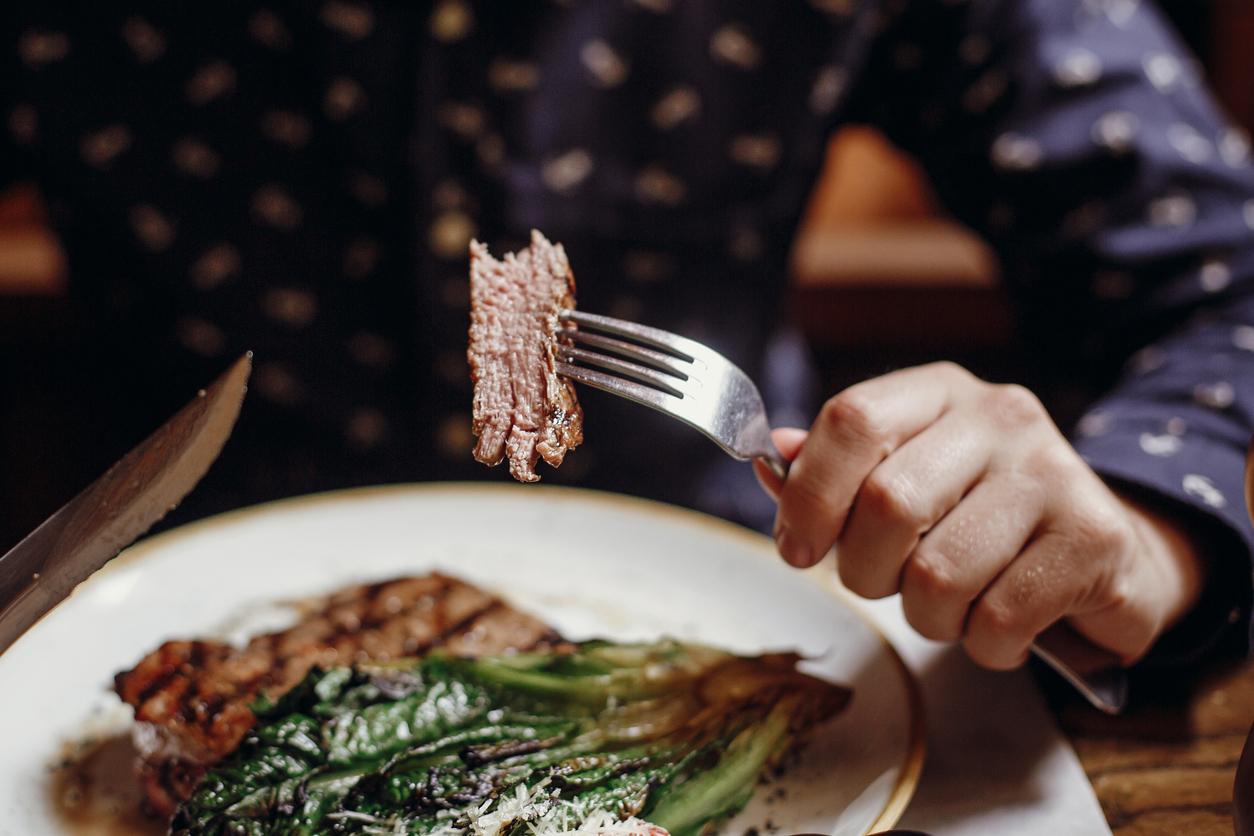An unprecedented survey carried out in 16 European countries shows that it is young people who are the first lovers of energy drinks. And one in three adults has consumed it.
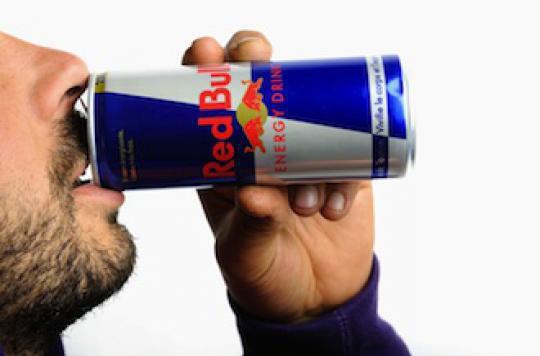
52,000 respondents, from 16 member countries, is the largest survey conducted in Europe on the consumption of energy drinks. The European Food Safety Authority (EFSA) has just published the results which reveal that the consumption of these drinks has really become part of the habits of adolescents.
It is they – 68% of the total of respondents – who consume this type of drink the most often. For about 12% of them, it is “high and chronic” (regular consumption, 4 to 5 days a week or more), at an average rate of 7 liters per month, while 12% have a “high and chronic” consumption. acute ”(at least 1 liter at one time).
But the investigation also holds other surprises.
Adults (18 – 65 years old): around 30% of the adults surveyed are consumers of “energy” drinks. In nearly 12% of them, consumption is “high and chronic” at an average of 4.5 liters per month. For about 11% of consumers, use is “high and acute”.
Consumption associated with that of alcohol: the diagrams of associated consumption among adult (56%) and adolescent (53%) consumers are similar. From studies published in the American journal JAMA (Journal of the American medical association) reviewed the effects of the association between alcohol and caffeine in energy drinks. In particular, the authors found that people who choose to consume alcohol with energy drinks are more likely to adopt risky behaviors.
Consumption associated with the practice of sports activities: approximately 52% of adult consumers and 41% of adolescent consumers state that they consume “energy” drinks while participating in a sport.
Children (3 – 10 years old): approximately 18% of the subjects questioned are consumers of energy drinks. For nearly 16% of them, consumption is “high and chronic”, at an average rate of 0.95 liters per week (or nearly 4 liters per month).
Contribution of “energy” drinks to total exposure to caffeine: about 8% in adult consumers, 13% in adolescents and 43% in children.
Last October, as part of the bill on social security, Socialist deputies had tabled, with the support of the government, an amendment to tax at 2 euros per liter drinks that have a minimum threshold of 0.22 grams of caffeine and 0.3 grams of taurine. On December 13, 2012, the Constitutional Council considered that any provision aimed at taxing energy drinks that do not contain alcohol would be “not based on objective and rational criteria”, with regard to the fight against alcohol consumption at home. young people.
.








